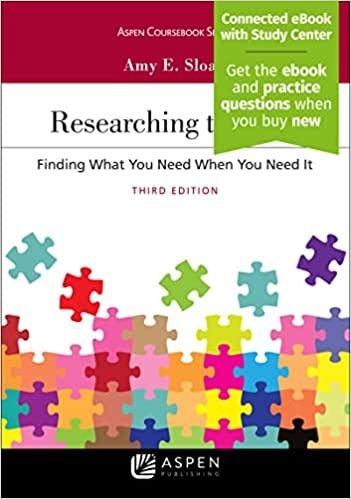kindly assist
SECTION A [40 MARKS] Read the extract below and answer all questions that follow. Can a team have too much talent? Going into the 2010 World Cup, France had one of the best squads in the competition. Blessed with talent, expectations were high, but the results could not have been more disastrous. Beset by internal bickering, the team imploded, failed to proceed to the second round, and was flown home economy dass in disgrace. Whether it's a football line-up or organisational team, it's generally assumed that bringing together the most talented individuals possible gets the best results. The reality however, is that when teams are required to closely coordinate their work, having too many talented members can lead to competition over status and rank, and decreased performance as a result. The question of when and why high levels of talent reduce team performance was considered by Roderick Swaab and others. The researchers hypothesised that while the addition of talented individuals boosts team performance initially, there comes a point after which the benefits of enlisting a new star decreases until the extra talent eventually has a negative effect on the team's achievements. In addition, their assumption was that this 'too-much-talent effect' would only occur in teams that require high levels of task interdependence, but not in teams where members operated relatively independently. The theories were then tested in some of the most popular sports worldwide: football, basketball and baseball. This sports analogy has important ramifications for business. "When hiring for an opening in a team with low levels of interdependence, such as sales teams, hiring the most talented individuals may be a good strategy as these individuals will not have to work with each other," says Swaab. However, when teams require high levels of interdependence, simply hiring a group of top talented individuals may not be sufficient and potentially be disruptive. "One solution is to hire fewer top talented individuals, something the Argentinian and French coach did during the 2014 World Cup when deciding not to select talented players like Carlos Tevez and Samir Nasri. Another option is to invest more in training leam members how to coordinate effectively in different situations. Establishing a legitimate hierarchy and formalising roles and responsibilities provides team members insight into what they must be able to do together without focusing their attention on jostling for intragroup rank." Counter to the belief that higher and higher levels of talent produce ever-better performance, these indings suggest that organisations should reconsider their priorities and remember that when teams need to come together, more talent can tear them apart. Adapted from source: http:/www.leader.co.za/article aspx?s=1&f=1&a=5664 QUESTION 1 (20 Marks) With reference to the extract, discuss the characteristics of high performance teams. QUESTION 2 (20 Marks) With reference to the extract, explain intergroup dynamics for team or group effectiveness







